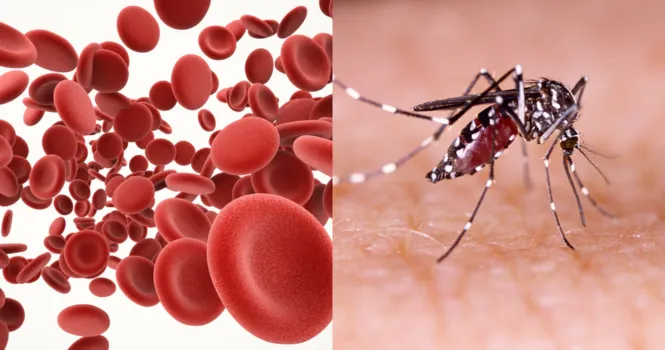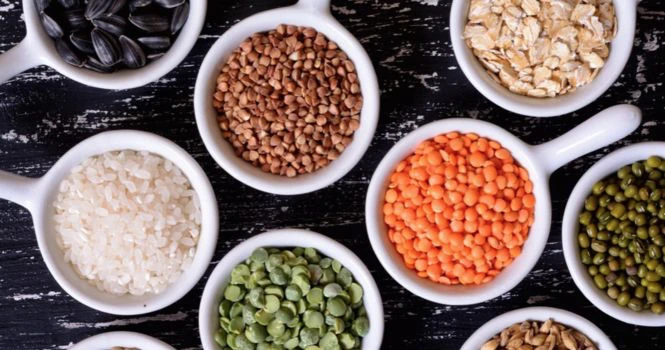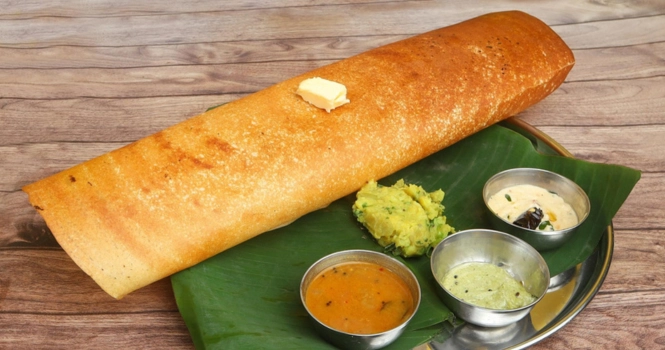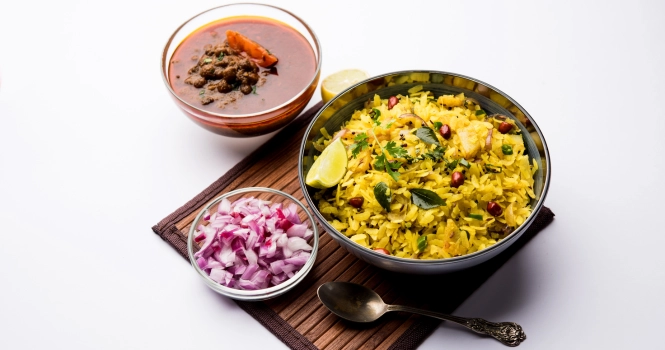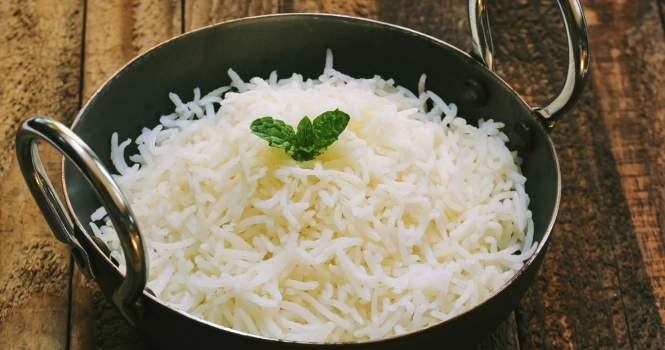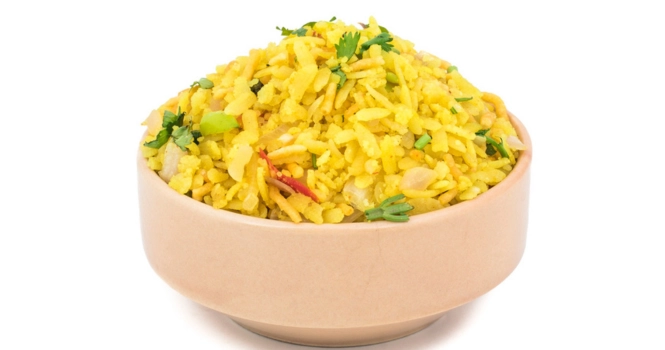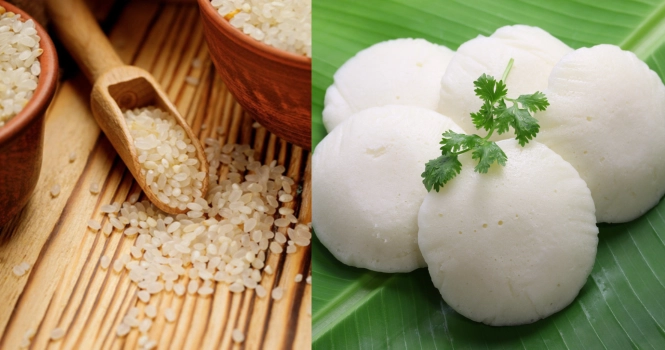During a dengue fever infection, one common complication is thrombocytopenia, a condition characterized by a reduced platelet count in the blood.
Platelets are crucial for blood clotting and stopping bleeding, so maintaining a healthy platelet count is essential, especially in conditions like dengue that can significantly lower it.
Certain foods and dietary practices may help support platelet production and contribute to a faster recovery.
Foods to Increase Platelets
1. Papaya Leaf Extract: Perhaps the most well-known remedy for increasing platelet count during dengue is papaya leaf extract. Studies suggest that the enzymes in papaya leaves can contribute to platelet production. The juice or extract of papaya leaves is commonly used in dengue-affected regions for this purpose.
2. Pomegranate: Rich in vitamins and minerals, pomegranates are known for their antioxidant properties. They can help in maintaining a healthy blood platelet count and are also beneficial in recovering from dengue fever due to their immune-boosting properties.
3. Leafy Greens: Spinach, kale, and other leafy greens are high in vitamin K, which is essential for blood clotting and platelet formation. Incorporating these into the diet can support platelet count during recovery from dengue.
4. Pumpkin: Pumpkin and its seeds are rich sources of vitamin A and zinc, which are crucial for immune function and can help in the production of platelets. Consuming pumpkin in the diet can aid in increasing platelet levels.
5. Beetroot: The high antioxidant content and the presence of iron in beetroot make it an excellent food for boosting platelet count. Beetroot juice, in particular, is often recommended for this purpose.
6. Vitamin C-rich Foods: Vitamin C plays a significant role in platelet production. Citrus fruits like oranges, lemons, and grapefruits, as well as other sources like guavas and bell peppers, are rich in vitamin C and can help in enhancing platelet production.
7. Folate-rich Foods: Folate or vitamin B9 is essential for healthy cell division and is important in platelet production. Foods rich in folate include lentils, asparagus, and fortified cereals.
8. Omega-3 Fatty Acid-rich Foods: Foods rich in omega-3 fatty acids, such as salmon, flaxseeds, and walnuts, can also support platelet levels. Omega-3 fatty acids help in improving overall blood health and immune response.
Dietary Practices for Dengue Recovery
- Stay Hydrated: Adequate hydration is crucial during dengue fever, as the illness can cause high fever and vomiting, leading to dehydration. Besides water, coconut water and herbal teas can be soothing and hydrating options.
- Avoid Certain Foods: It’s advisable to avoid alcohol, caffeinated beverages, and highly processed foods during recovery, as they can affect hydration levels and overall health.
- Balanced Diet: A balanced diet rich in fruits, vegetables, lean proteins, and whole grains supports overall health and can aid in a quicker recovery from dengue.
While dengue fever requires medical attention, incorporating certain foods into the diet can support platelet production and aid in recovery.
Foods like papaya leaf extract, pomegranate, leafy greens, pumpkin, beetroot, and those rich in vitamin C, folate, and omega-3 fatty acids can be beneficial.
Remember to stay hydrated and maintain a balanced diet. Always consult with your doctor for personalized advice, especially in managing health conditions like dengue fever.
Frequently Asked Questions
Does kiwi increase platelets?
Kiwi fruit is often cited for its potential health benefits due to its high vitamin C content, antioxidants, and various nutrients.
When it comes to platelet count, there is some evidence to suggest that kiwi may have a positive impact, although more research is needed to fully understand this effect.
Vitamin C, abundantly found in kiwis, is known to play a role in platelet production and function. It can help in the repair and growth of tissues, which is essential for maintaining healthy blood vessels and by extension, normal platelet function.
Additionally, the antioxidants present in kiwi can help reduce oxidative stress, which might contribute to better platelet health and function.
Some studies have suggested that consuming kiwi or other fruits rich in vitamin C and antioxidants could potentially help in improving platelet count or function, especially in conditions associated with oxidative stress or inflammation.
However, it’s important to note that these effects can vary widely among individuals and depending on one’s overall diet and health condition.
If you’re considering kiwi for increasing platelet count, particularly in the context of a medical condition like thrombocytopenia (low platelet count), it’s essential to discuss this with your doctor.
They can offer advice tailored to your specific health needs and conditions, ensuring that your diet aligns with your health goals and medical treatments.
